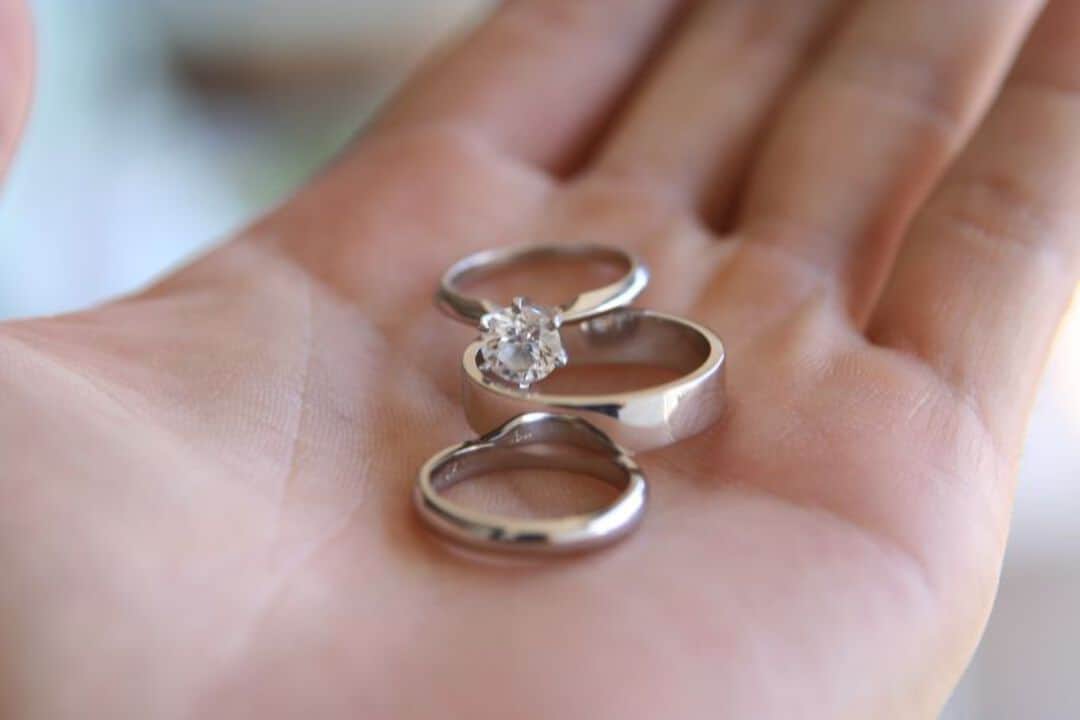We were walking to New College when one of my friends first told me that he was waiting until marriage to have sex. The way he spoke was almost blasé, with a sort of certainty that I hadn’t seen before. Initially, I didn’t believe him — I’d never heard anyone speak so surely about the topic. He’d very quickly become one of my closest friends, and yet this value somehow hadn’t come up during our hours-long conversations or coffee runs.
“I thought you weren’t religious?” I asked him.
“I’m not. I just think it’s a good value to hold.”
I thought about when I had lost my virginity. It wasn’t necessarily catastrophic or meaningful, but rather unremarkable. My high school was very lax in terms of swaying students from sexual promiscuity — I lost my virginity at 18 because I was convinced that I couldn’t go to university as a virgin. Even this was deemed “too late” at my high school; most people I knew had lost it years earlier. I’d hear coteries of young teenagers in the halls during lunch, gossiping about their latest sexual endeavours.
I bombarded him, then, with questions about the logistics of his decision: does it pertain to all sex, or just penetrative? What makes some sex okay, but not other types? Do you still seek pleasure? Do you still masturbate? What if you never get married?
At some point, while he patiently answered all my invasive questions, I came to a realization: for someone who considers themselves widely educated in terms of sexual health, I know very little about waiting until marriage. I wasn’t raised religiously or with a “no sex before marriage” spiel from my family, nor was there any sort of stigma around the act from friends — but I’d never stopped to think about whether or not I really wanted to have sex at the time. I couldn’t help but wonder if I still would’ve elected to lose my virginity at 18 if I didn’t feel pressured to avoid the “adult virgin” label. I was so deep in my own world that I had neglected to consider another side of the sexual world, a place where people prided themselves on being virgins: abstinence.
Voluntary celibacy might sound like a waking nightmare to someone who has already been sexually active — why on Earth would anyone want to wait until marriage to have sex?
Sex is good, for sure, but from a sociocultural perspective, there’s a panoply of novel ideas currently emerging that may force you to think about your sex life. Indeed, there’s been a shift in openness about sex, especially around hookups, which are becoming more ingrained in our culture. Media often portrays sex as this amazing, ecstacy-inducing act — and while it can be, studies show that hookup culture can negatively affect your mental health if it causes post-coital regret or unsurety.
In the case of my 18-year-old self, while the act of losing my virginity was unremarkable, the lonely hollowness I felt afterward was not. I went home and took a shower, standing under the scalding water like I could wash away the experience. I knew I hadn’t done a bad thing, but the significance of the event hadn’t really dawned on me — it was just a random Tuesday in the grand scheme of things.
While I won’t divulge the dirty details of my first time, I reiterate that it wasn’t extraordinary. Instead, I just felt confused and strange, unsure if my decision was one that I had made for myself or that society had subconsciously made for me.
Media shows how pervasive hookup culture can be, which can make it easy — especially as a woman — to fall into the idea that having casual sex equates to liberation, even if that isn’t something you personally endorse. At the time I lost my virginity, this idea hung heavy over my head. The prospect of losing my independence was petrifying, so getting my first time done and over with felt like a gateway to freedom.
Of course, there’s benefits to having sex — we wouldn’t be so obsessed with it if there weren’t. A healthy sexual life can benefit our health by activating neurotransmitters and mood-boosting hormones. As well, having sex allows you to learn about your likes and dislikes. As such, it becomes beyond difficult to abstain from sex once you start having it, which is why I’m so impressed by those who do.
Despite my mixed feelings surrounding losing my virginity, I haven’t been diligently abstinent since then. I’ve learned how to genuinely take control of my own sexual experiences, making decisions only where I feel comfortable.
As for learning more about abstinence, long, involuntary periods of lockdown-endorsed celibacy have actually led me to notice that little bits of intimacy seem brighter and more meaningful when you’re not only focusing on sex. What I’d give to hold a hand right now is unmatched. Abstinence or periods of celibacy can also strengthen emotional bonds — if that’s your thing — and build up a rapport of trust and companionship between you and your partner.
It’s refreshing to take a step back and consider the other side of the sexual world, especially since I was so immersed in sexual promiscuity from a young age. Though it seems obvious, it’s good to remember that there’s freedom to have as much sex as you want, and there’s also freedom not to. Ultimately, the choice should be yours — free from external influence.


